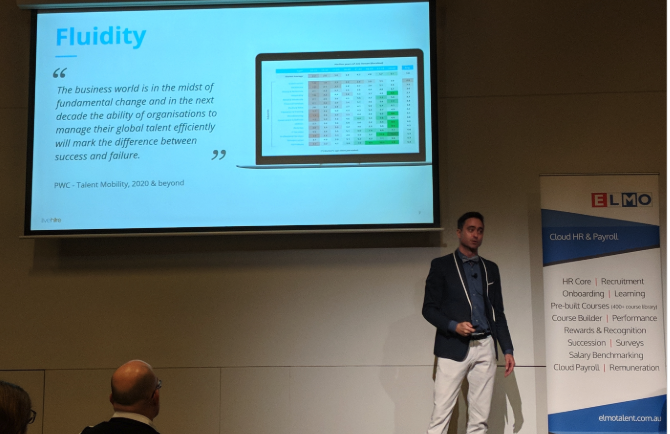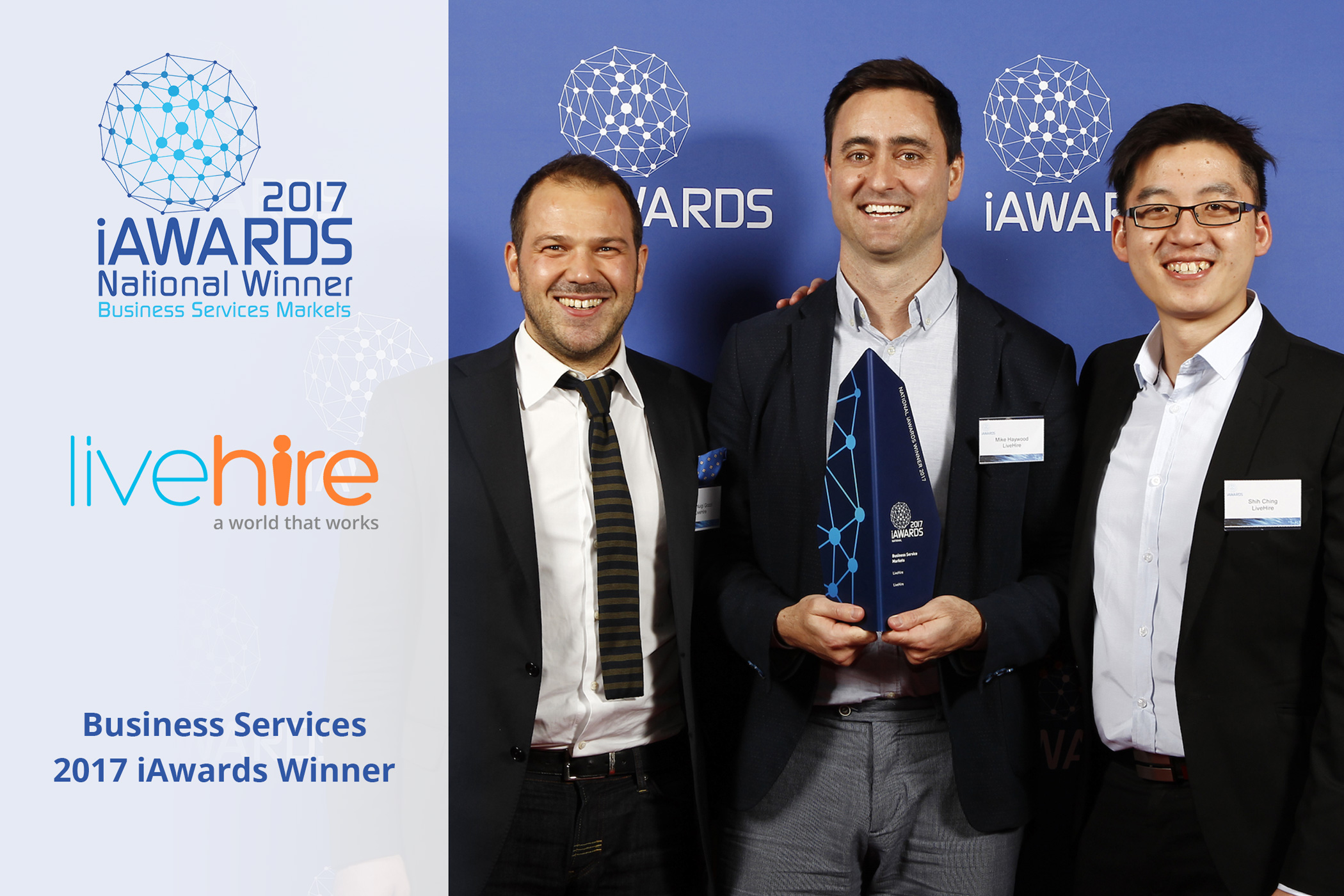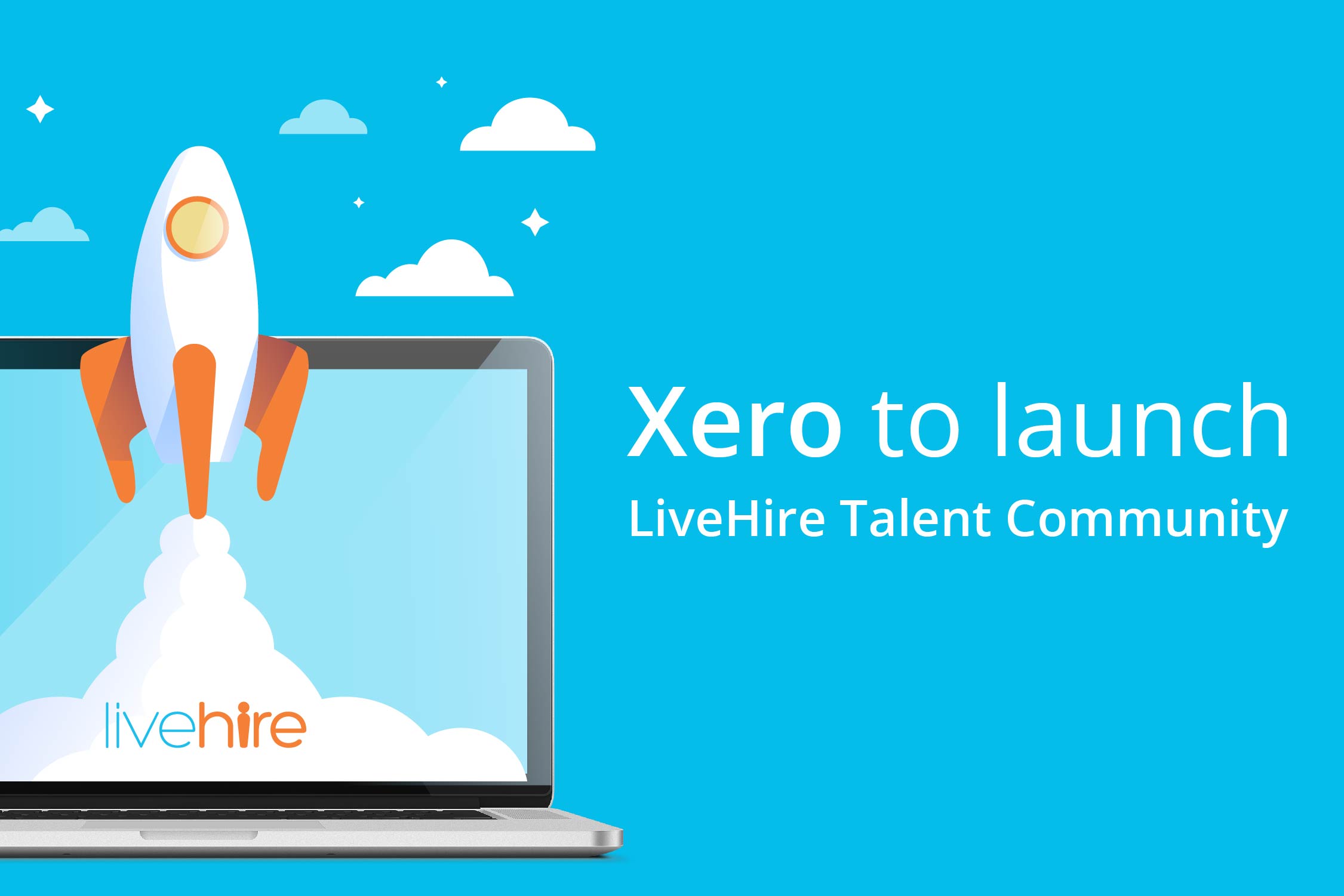
Growing up on sheep stations in outback Western Australia, Michael Rennie’s father told him, “you can do anything, the world’s your oyster”, and Michael believed him. His mother agreed, as long as he made sure to give more than he got, and to help others, something that Michael has carried with him throughout his career.
Becoming quite academic at a young age, Michael went through his high-school years on scholarships, school in Switzerland, and eventually Oxford as a Rhodes Scholar all on a scholarship. As a boy from the outback in WA, and at a time before the internet, the world was something that was out there, and something that Michael wanted to go and see. He also knew he wanted to help people, something that over time would become a clear drive and motivator for him.
Whilst at University, and knowing he wanted to make a difference, he believed that the best way to do so would be in public life, politics and government service. Wanting to learn more about the world, Michael saw studying Law and Economics as the way to do this, he holds degrees in both fields from the University of WA and Oxford.
When Michael had finished studying, he worked as a lawyer for a short period of time at Herbert Smith Freehills. Six months into the role, Michael’s assistant came into the office and told Michael while he was bright enough to do this role, she didn’t think it was people orientated enough for him. Michael knew that she was right. This lead Michael to join McKinsey & Co, a management consulting firm, where he quickly realised that it was the people side of the business that he enjoyed, and gravitated more and more towards this.
It was here that Michael found his place on the global board of McKinsey & Co for four years, and has been the global leader for over 10 years in the field of Human Capital and Human Resources consulting.
Exposed to pain caused by relationships whilst growing up, Michael quickly saw an echoed sentiment caused by relationships in the workplace. Whether it be a hopeless manager, processes or systems that weren’t people orientated, organisations seemed to be geared around treating people as cogs in a wheel as opposed to people. Michael fundamentally believed that you could create environments that were best for people, but were also high performing. This belief led Michael to experiment with different ways of creating high performing organisations that are great for people, which is what he’s dedicated his work life to.
Understanding that 77% of people’s experience in work is directly related to their supervisor or leader, much of Michael’s work at McKinsey has been focused on leading in this new world. With the shift in the leadership paradigm from boss to coach, and from stereotypical masculine to more feminine values of collaboration and care. Michael’s development of leadership practice does two things, firstly, it focuses on the leader, their self-awareness, how they impact others, and simple things of how they can listen and how they operate in meetings. And then there’s the how do you create an environment with your KPI’s, performance processes, meeting cycles, and anything else that supports operating that way. The leadership practice in McKinsey is how you create a culture of leadership both from a systemic sense and a personal sense.
Growing up with a keen interest in psychology, spirituality, and what makes meaning, Michael spent much of his time at the local library, where he was able to borrow one book at a time. This is what Michael finds so interesting about the technology’s journey of instant communication. That now, every thought that has ever been thought is captured and stored in the palm of our hand, in our smartphone. Michael’s experience has given him a front-row seat in the way technology and communication has been able to transform people’s lives. Michael was involved with Telstra when it was still part of the Post Office as early as 1988 and knew from an early point that this would not only transform individuals, but technology would transform the world.
However, with any greatness, there are bound to be a few negatives. With the development of social media, comes the concept of airbrushing your view of yourself to the outside world. By showing our best moments, Michael wonders what this means for real and authentic communication. He believes that what creates good lives is happiness is authentic relationships. So, how in this world of airbrushed perceptions, do we make sure this authentic communication is possible?
Keeping his mothers advice to him close in all that he does, Michael believes that those to much is given, much is expected. Giving 10% of his time and income to helping others, Michael’s work ranges from women’s empowerment to mental health.
Michael believes that if we put ourselves forward 200 years, we‘ll look back and talk about the women in the way we currently speak about slavery in the 1860’s: How could we have lived like that? How could we have lived with half of the world being treated so differently? Wanting to help make positive change, Michael brought together The Male Champions of Change with the Commissioner of Human Rights, Elizabeth Rodrick. With the idea of bringing some of the most influential men in Australia together to get more women on company boards, Michael to pulled together some of the top 20 men in the country, with the intention of putting double the amount of women on boards, and that’s what they did.
The Hunger Project is another one of Michael’s ventures and is a women’s empowerment movement in the third world. This project is a commitment to end hunger, by focusing on bringing the whole village together, run by facilitators, to change processes and structures. The project may take a year, or it may take seven, but it’s about empowerment, not money. In many of the locations, it was quickly realised that women had not been asked their opinion before, even though they generally do majority of the work. So, by de-facto, it became a women’s empowerment movement.
Another of Michael’s achievements was Co-Founding the Inspire Foundation. A foundation for young people, it’s all about reducing youth suicide and self-harm. Michael cites this as probably the most valuable thing he’s ever done.
Michael continues to influence people on a daily basis through his stories, insights and sharing of profound knowledge.
If you’re interested in joining the LiveHire team, be sure to join our Talent Community! 🤘#GetLiveHired



